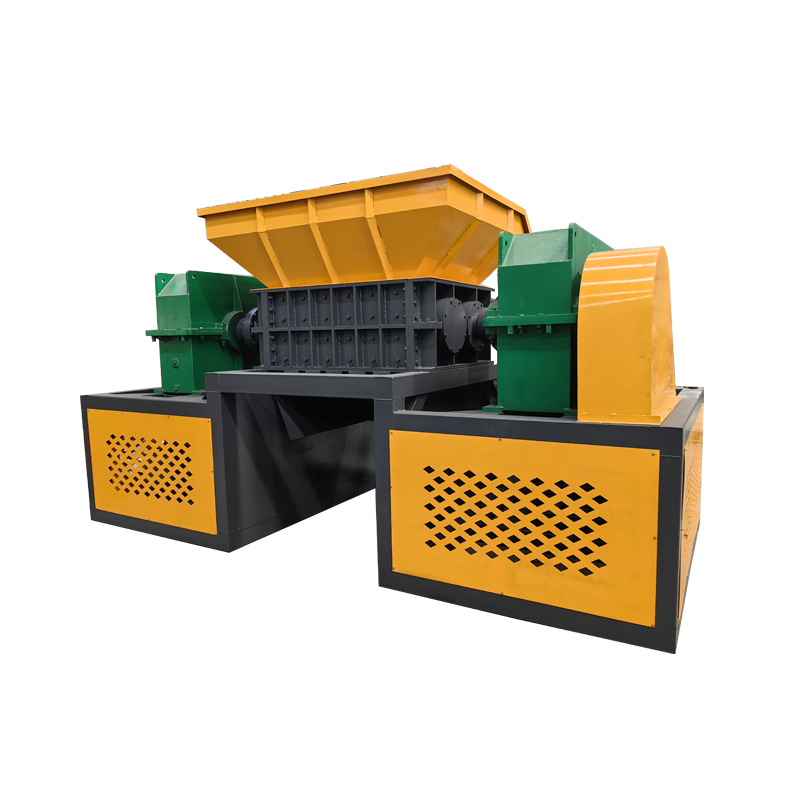Breaking the Industrial Waste Dilemma: Why Intelligent Industrial Shredding Systems Lead the Global Green Equipment Market
In the era of global "carbon peaking and carbon neutrality," industrial waste management has become a key battlefield for environmental protection. Among the array of solutions, intelligent industrial shredding systems have emerged as a front-runner in the global green equipment market, with their rising popularity rooted in unique advantages that address both technical pain points and industrial development needs.
First, they tackle the complexity of industrial waste. Unlike municipal waste, industrial waste includes diverse, tough materials—thick steel plates, reinforced plastic, and composite scraps. Intelligent shredding systems, equipped with adaptive dual-shafts and high-torque motors, can handle these materials efficiently, avoiding jams and ensuring stable operation—a capability traditional shredders lack.

Second, data-driven optimization boosts operational efficiency. Integrated with IoT sensors and cloud platforms, these systems monitor key metrics (e.g., blade wear, processing speed) in real time. Managers can adjust parameters remotely, predict maintenance needs, and reduce downtime by 30% compared to manual operations.
Third, they align with global low-carbon goals. By enabling high-efficiency waste recycling, intelligent shredding systems reduce the need for virgin material extraction and landfill methane emissions. For example, shredding and recycling 1 ton of steel scrap saves 1.5 tons of iron ore and cuts 1.2 tons of CO₂ emissions—directly contributing to carbon reduction.
Finally, they meet the diverse needs of global industries. From small-scale workshops to large manufacturing plants, these systems offer scalable models. Customizable features (e.g., dust collection, metal separation) also adapt to regional environmental standards, making them suitable for markets across Europe, Asia, and North America.
As industries prioritize sustainability, intelligent industrial shredding systems will continue to lead, redefining the future of industrial waste management.



